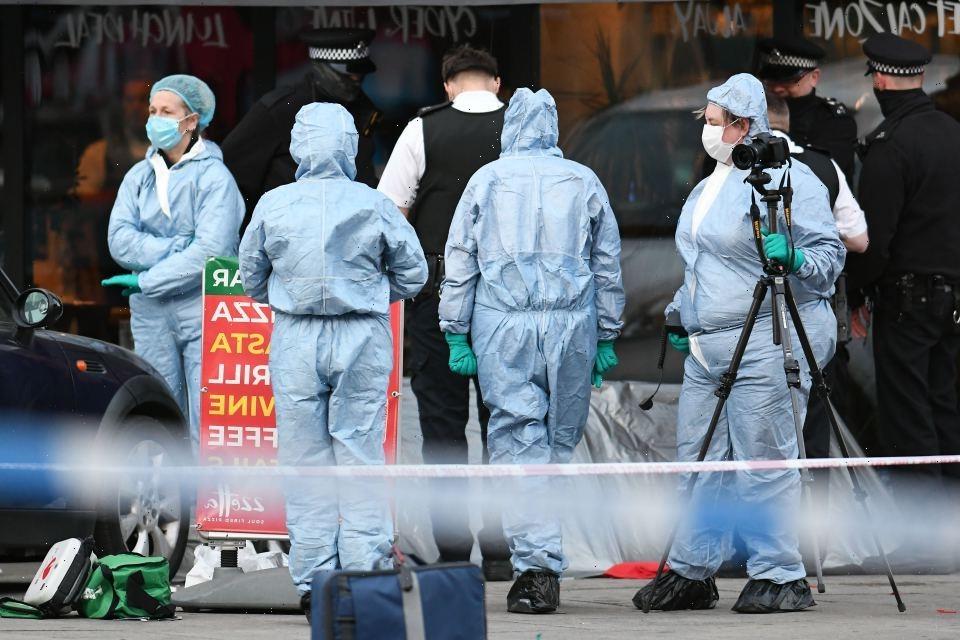COVID booster jabs which will tackle new strains of the virus could be ready by September, an Oxford chief has said.
Professor Andrew Pollard, director of the Oxford Vaccine Group and chief investigator of the Oxford vaccine trial, also claimed the existing vaccines would provide some protection against the new mutations.
- Visit our coronavirus page for the latest updates
Prof Pollard predicted “updated” vaccines to protect against the South African and potentially other new variants would be ready by September or October.
He said: “They can certainly be available for the last quarter of this year.
“We are talking to the other developers and everyone is working towards that timeline to have updated vaccines available.
“The main thing is to change the sequence of the spike protein so it matches some of the new variants.”
He said the vaccines provided “the way out” of having to impose never-ending lockdowns, in an interview marking the one-year anniversary for the first person in Europe to be given a Covid vaccine jab as part of the Oxford trial.
The identity of the first person to receive the jab as part of the Oxford trial a year ago yesterday has not been revealed.
Prof Pollard said: “In the UK we're in a very good place.
“Over 90 per cent of all those offered have taken up the vaccine. That's astonishing. No one would have predicted that.”
He added: “The last Public Health England data shows more than 10,000 deaths have been prevented and that's just 30million doses which have been administered in the UK.
“When you magnify that up to this global rollout of vaccines, the numbers of lives saved is astonishing.”
A year ago it was “unthinkable that we would be here”.
Prof Pollard said: “In March and April, the narrative was that it would probably take two years to get the first vaccines.
“We were reasonably optimistic but to be honest I think most people didn't think it was possible.”
While he praised the UK’s rollout of the vaccine he warned there were “problems” in other parts of the world due to the “communication” surrounding the safety of the jab.
Fears have been raised over the Oxford/AstraZeneca jab could cause blood clots with a number of European countries including Germany, France, Italy, Spain and the Netherlands all halting the rollout of the vaccine over concerns about the risks.
Prof Pollard, who has had both jabs, said blood clots were a “very rare event” and the public had to “balance the risks and the benefits”.
He said: “The biggest risk to humanity is people not being vaccinated – the biggest risk is from the virus.”
The professor of paediatric infection and immunity at Oxford University added the “key question” now was if the vaccines would be effective against the new variants such as the South African and Indian mutations.
“I don't imagine the vaccines will be 100 per cent effective but they may have a huge reduction in the risk of serious disease even with variants,” he said.
“We still have to plan for a worst-case scenario, which is when a new variant arrives and it's not controlled and we have to re-vaccinate.
“I think the reality will be some middle ground where the pandemic is not going to be as hot as it is at the moment.
“There remains uncertainty but it feels much more positive. There's a lot of immunity being built up in the population and the virus can't change its spots completely. Even with variants, there will be some immunity.”
Professor Pollard added: “I'm optimistic in saying that the vaccines that have been studied well have at least six months of protection.
“Beyond a year, we don't really have any data. We've got very good data up to six months and it's unlikely to fall off a cliff after that. I'm optimistic that because the immune responses are so strong that it will last well beyond the six-month period.”
Nearly 250million doses of all Covid vaccines have so far been administered around the world.
In the UK, 11,623,671 Brits – 17 per cent of the population- have had two vaccine jabs, while 50 per cent have been jabbed once.
More than 33 million Brits have had a first dose of either the Pfizer/BioNTech, the Oxford/AstraZeneca or the Moderna jabs.
Source: Read Full Article








